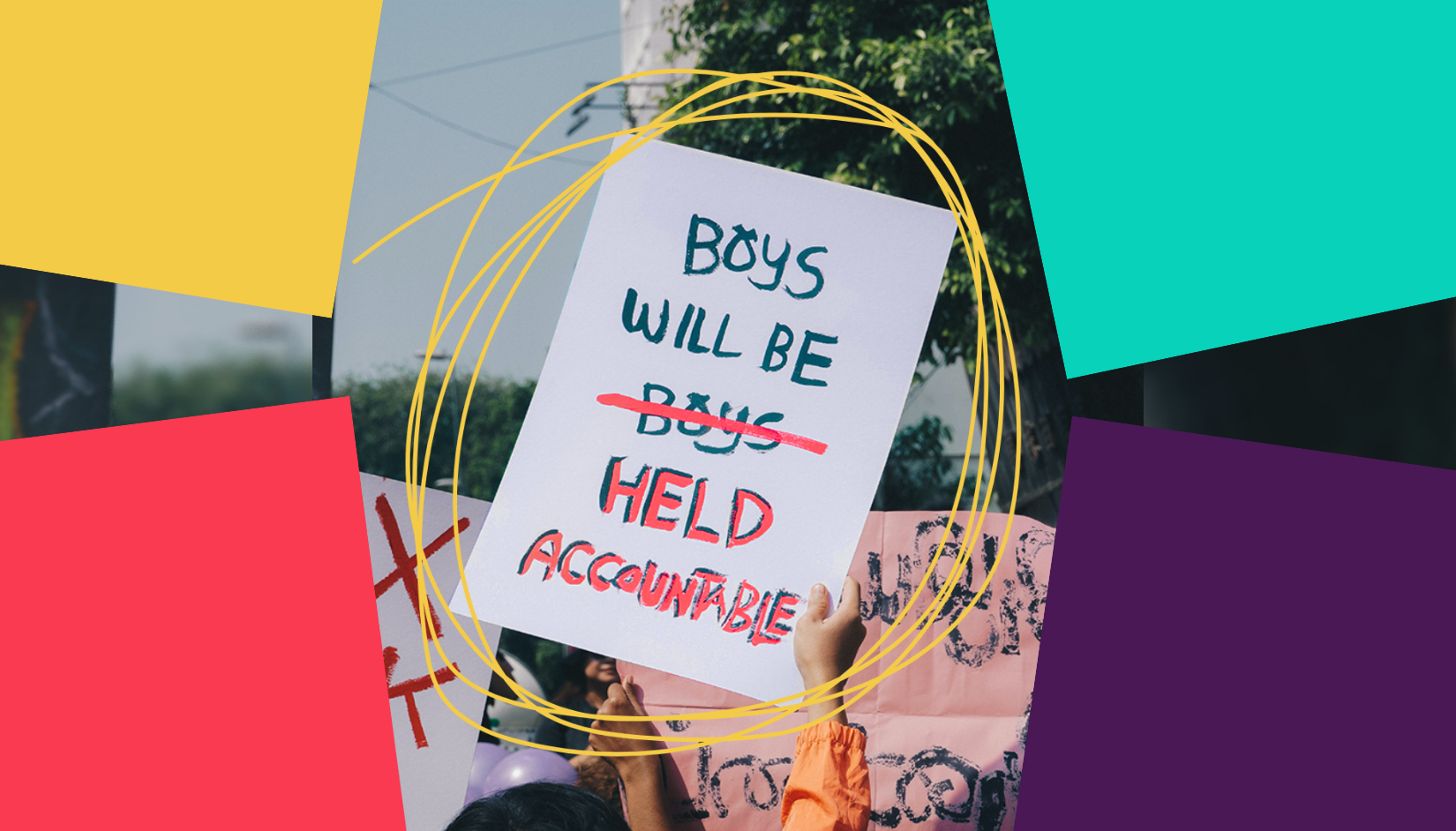 25 Nov
25 Nov
Yesterday (30 June) saw Meg Hillier, Labour MP for Hackney South and Shoreditch, lead a debate on the topic of black women and domestic abuse. EVAW and Imkaan produced a joint briefing for Meg Hillier MP.
The fact that domestic abuse does not affect everyone in the same way was strongly made throughout the debate, as well as the importance of recognising these differences.
The figures paint a stark picture: BME and migrant women experience higher rates of domestic abuse related homicide and are 3 times more likely to commit suicide than other women in the UK. [1]
For those seeking specialist refuge places run “by and for” BME women, the support available has declined over the years, with 50% of BME specialist refuges having been forced to close or have been taken over by a larger provider due to lack of funding in the last decade.
The case was made clearly by Meg Hillier MP that a “one size fits all” approach to funding will not address domestic abuse.
As it stands competitive tendering processes favour larger organisations and contracts above smaller, specialist women’s services who are expert in meeting survivors’ needs. This means specialist services run ‘by and for’ BME women are systemically disadvantaged by these funding arrangements. [2]
Research published by Imkaan ‘Key findings on sexual violence and Black and minoritised women’s interactions with the Criminal Justice System (Reclaiming Voice, 2020’) [3] found the majority of victim-survivors in the study were subjected to sexual violence within a domestic violence context. It highlighted the ways in which sexual violence intersects with ‘race’/racism, immigration status, age, and poverty to create complex trauma and needs.
The need to examine how sexual violence intersects with racism is further highlighted in research by the Independent Inquiry into Child Sexual Abuse (IICSA) with the Race Equality Foundation on how racist stereotypes can lead to failures in identifying and responding to child sexual abuse. Such research emphasises the importance of specialist “by and for” BME support services where women can “see themselves” and access support with a sense of safety.
Meg Hillier MP has called for greater representation of black women at a policy level, stating that there should be “no decisions about black women without black women”.
Using the debate to draw attention to the situation for migrant victims of domestic abuse in her constituency, Meg Hillier said most refuges cannot afford to accommodate women with NRPF (No Recourse to Public Funds) as they rely on housing benefit as an income stream. This means just 5% of refuge spaces listed last year were accessible to woman with NRPF [4]. Some women with NRPF may be eligible for support under the Destitute Domestic Violence Concession (DDVC) however, as Southall Black Sisters have highlighted, the DV Rule and the DDVC do not extend to migrant women with non-spousal visas (such as students and domestic workers) and subject to NRPF. This is why the Step Up Migrant Women Coalition is pushing for the DDVC to be extended and for all migrant victims to have access to public funds.
Responding to the debate, Justice Minister Alex Chalk acknowledged the importance of specialist support services for victims with protected characteristics and the need to break down barriers to accessing this support.
However, The Government has so far chosen not to make any changes to the Bill that would help ensure migrant victims of domestic abuse can get the help they need. This is despite the barriers to protection and support for migrant women being raised at every stage of the Domestic Abuse Bill’s progress through Parliament.
[1] UN Special Rapporteur on violence against women, its causes and consequences. Statement at the conclusion of a country mission to the United Kingdom 2014, UN https://www.ohchr.org/EN/NewsEvents/Pages/DisplayNews.aspx?NewsID=14514& [2] Imkaan, From Survival to Sustainability: critical issues for the specialist black and ‘minority ethnic’ ending violence against women and girls sector in the UK, 2018 [3] Dr. Ravi Thiara, University of Warwick & Sumanta Roy, Imkaan (2020) Reclaiming Voice: Minoritised Women and Sexual Violence Key Findings (2020) [4]Women’s Aid, 2020. The domestic abuse report 2020Recommended ARTICLES
 25 Nov
25 Nov
 15 Nov
15 Nov
 12 Nov
12 Nov

